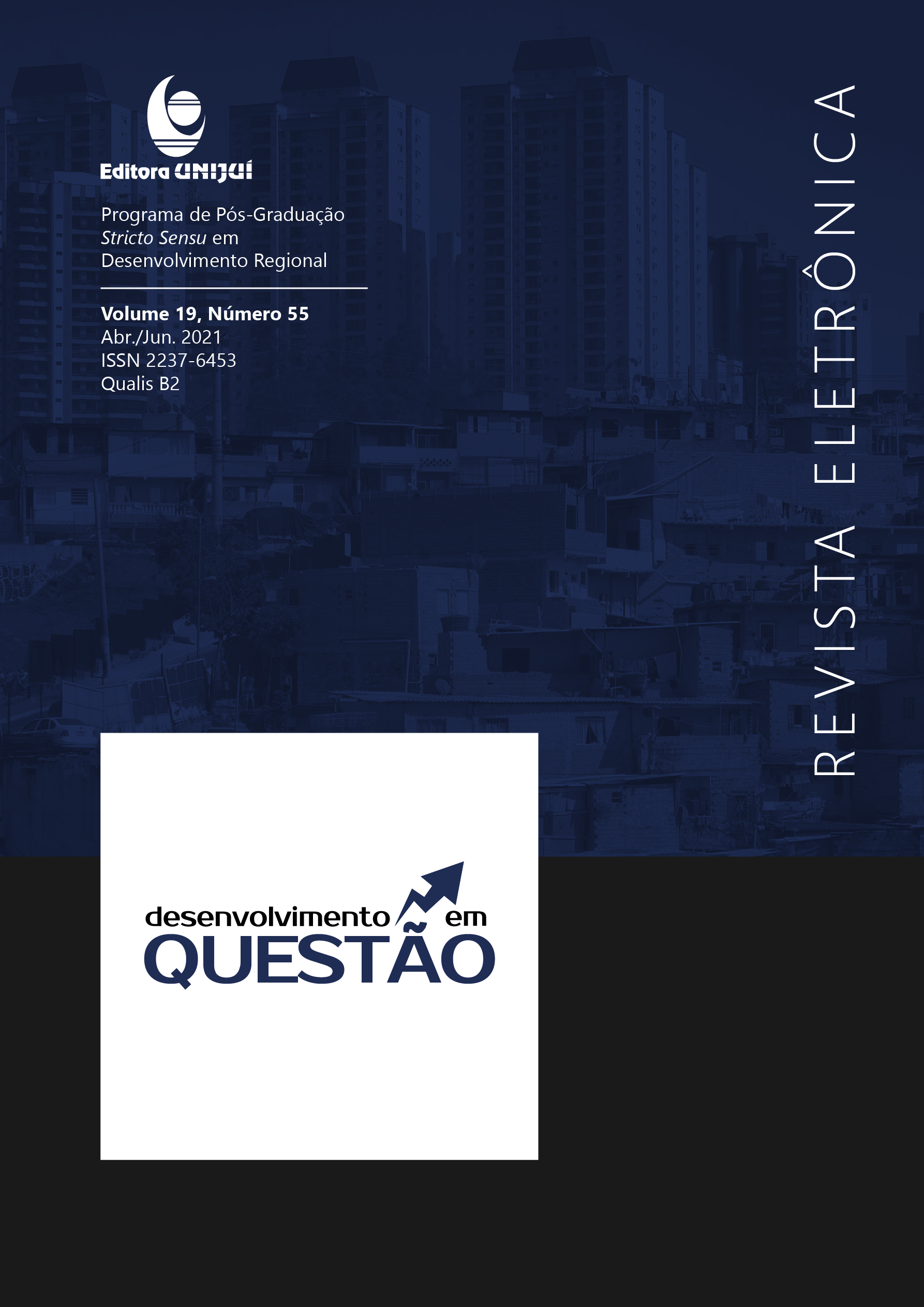ECODESIGN AND REVERSE LOGISTICS IN THE FOOTWEAR INDUSTRY
ECODESIGN AND REVERSE LOGISTICS IN THE FOOTWEAR INDUSTRY
DOI:
https://doi.org/10.21527/2237-6453.2021.55.11239Keywords:
Footwear sector. Environmental Sustainability. Sustainable Design. Reuse. Waste Management.Abstract
The footwear sector causes environmental impact, mainly the amount of polluting waste generated and the little reuse of the material. Part of the waste generated in the production process, as the final destination of industrial landfills and co-processing. Therefore, it is not enough to reduce generation, it is alternative alternatives for not generating waste. Among the pillars of the circular economy, ecological design and Reverse Logistics are the most important to have a circularity of products and to re-approve the material. In this context, the study aims to analyze the reverse logistics in the footwear sector and the application of the concept of ecodesign in the development of footwear. As for the methodology, the study and the applied nature, the approach to the problem is qualitative. In relation to technical procedures, the work consists of conducting bibliographic research and multiple case studies. The results show that the footwear sector does not adopt a logistical reversal, nor does it apply the concept of ecodesign in the development of footwear. A perception of the sector that is not affected by the environmental impact, in addition, in order to make it difficult to reuse the product, there is no interest on the part of companies in making the return of the impact caused by the manufacturer feasible.
Downloads
Published
How to Cite
Issue
Section
License
By publishing in Revista Desenvolvimento em Questão, authors agree to the following terms:
All works are published under the Creative Commons Attribution 4.0 International License (CC BY 4.0), which allows:
Sharing — to copy and redistribute the material in any medium or format;
Adaptation — to remix, transform, and build upon the material for any purpose, even commercially.
These permissions are irrevocable, provided that the following terms are respected:
Attribution — authors must be properly credited, a link to the license must be provided, and any changes made must be indicated.
No additional restrictions — no legal or technological measures may be applied that legally restrict others from doing anything the license permits.
Notices:
The license does not apply to elements that are in the public domain or covered by legal exceptions.
The license does not grant all necessary rights for specific uses (e.g., image rights, privacy, or moral rights).
The journal is not responsible for the opinions expressed in the articles, which are the sole responsibility of the authors. The Editor, with the support of the Editorial Board, reserves the right to suggest or request modifications when necessary.
Only original scientific articles presenting research results of interest that have not been previously published or simultaneously submitted to another journal with the same purpose will be accepted.
Mentions of trademarks or specific products are intended solely for identification purposes and do not imply any promotional relationship by the authors or the journal.
License Agreement (for articles published from 2025 onward): Authors retain the copyright to their article and grant Revista Desenvolvimento em Questão the right of first publication.











